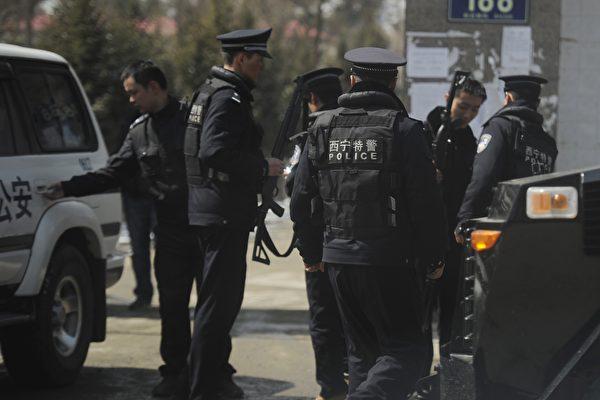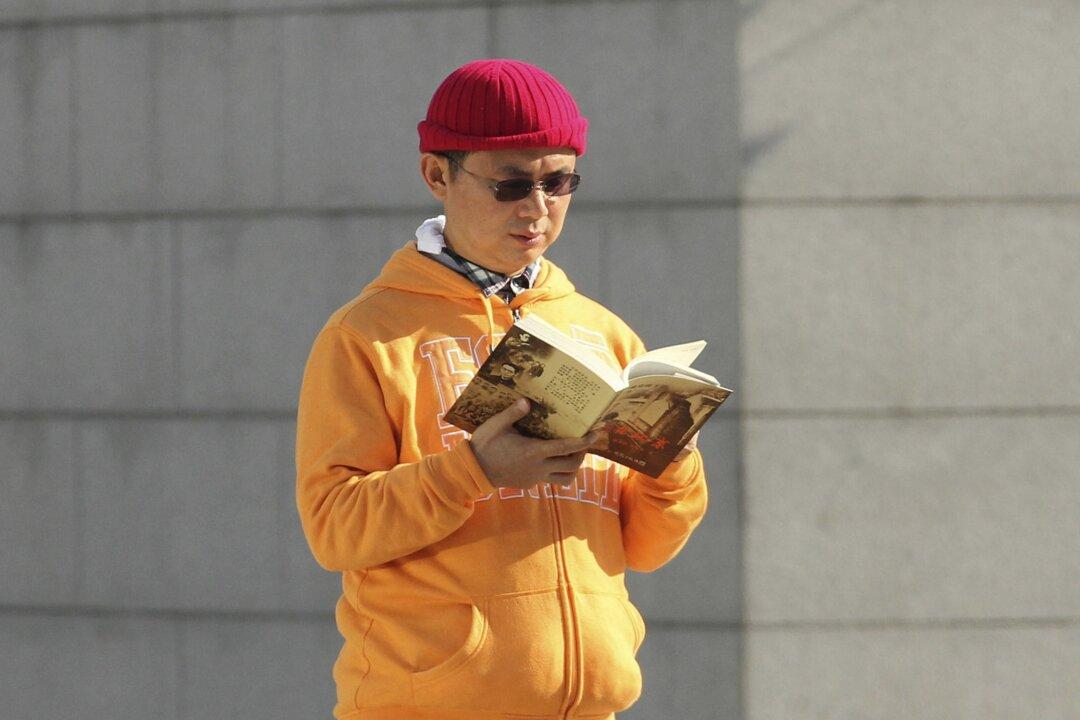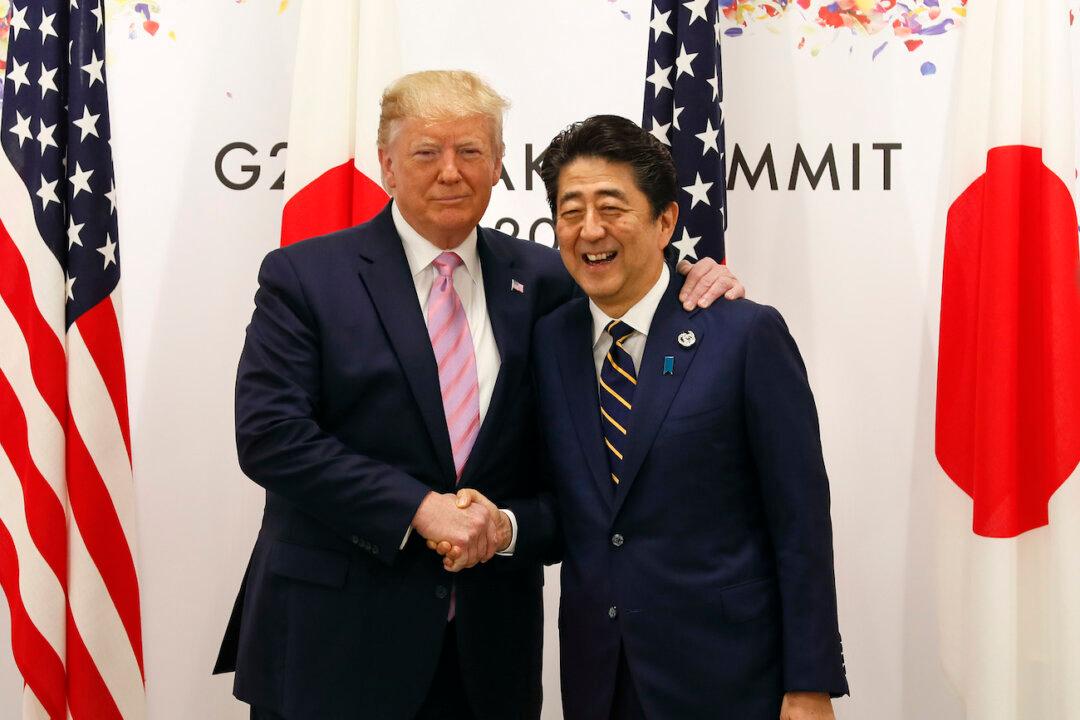In a rare concession by Chinese Communist Party (CCP) officials, the local Political and Legal Affairs Commission (PLAC) in Guangdong Province has agreed to compensate protesters 400,000 yuan ($59,180) for their lost business during the COVID-19 pandemic.
On Aug. 6, the PLAC of Huicheng district in Huizhou city approved the application from the local financial bureau for allocating 400,000 yuan towards “domestic stability preservation” to placate protesters demanding compensation for their losses due to bankruptcy of a local tutoring agency. Local officials from the education and public complaints departments showed no objection to the proposal.





